Confidentiality restrictions around clinical trials and prior public use (T 0670/20)
The IPKat
JANUARY 31, 2023
The recent Board of Appeal decision in T 0670/20 considered whether patients in a clinical trial were under conditions of confidentiality. The patent was for a tablet formulation that had been given to patients in a clinical trial conducted before the patent had been filed. Confidentiality in clinical trials.

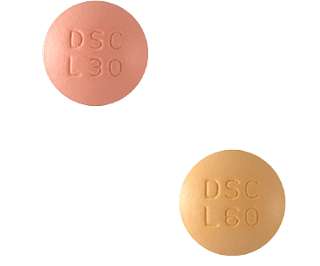
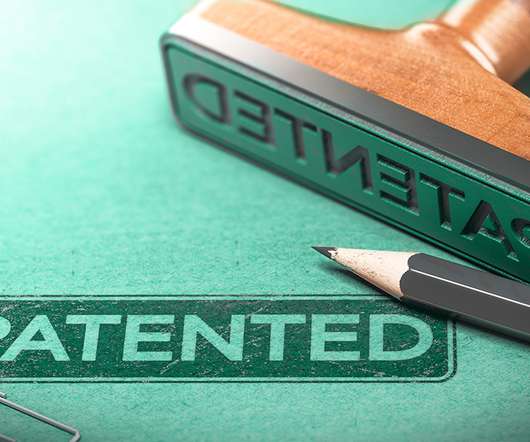

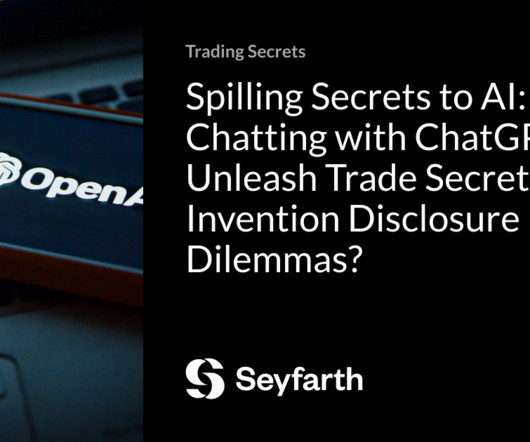
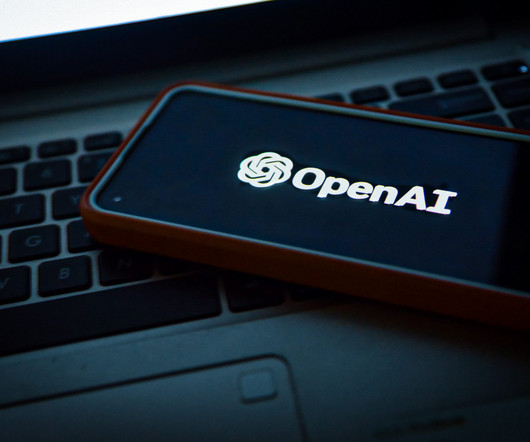
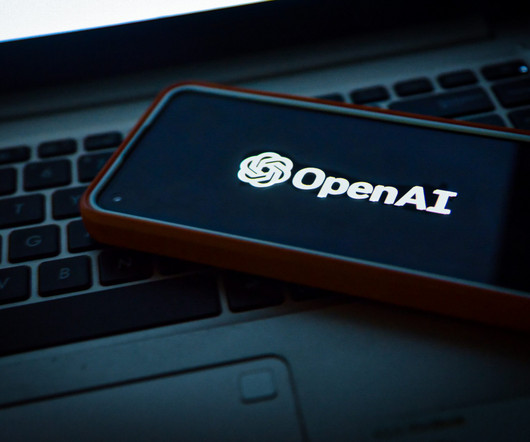
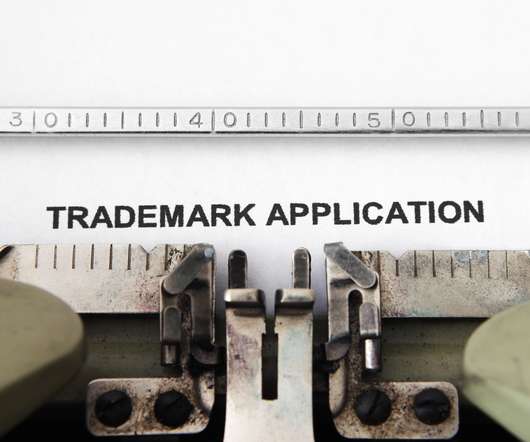
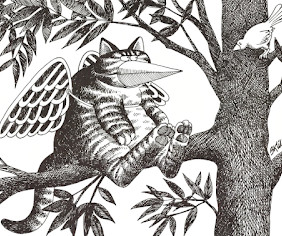


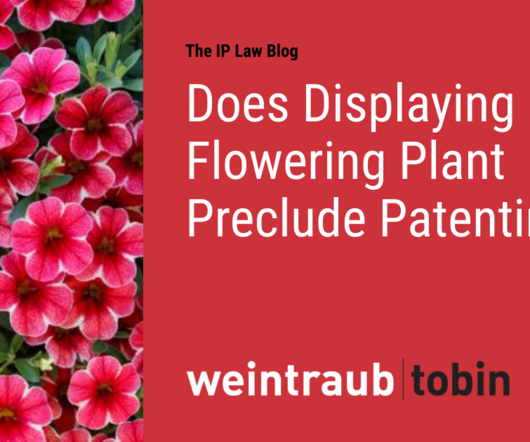
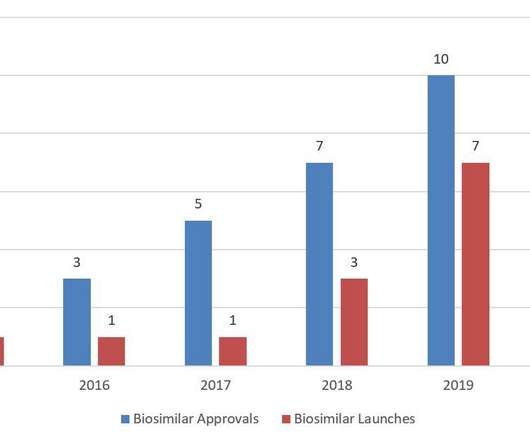








Let's personalize your content